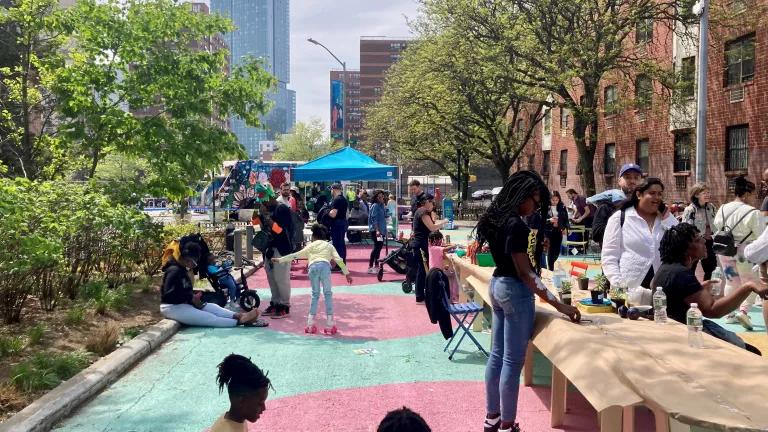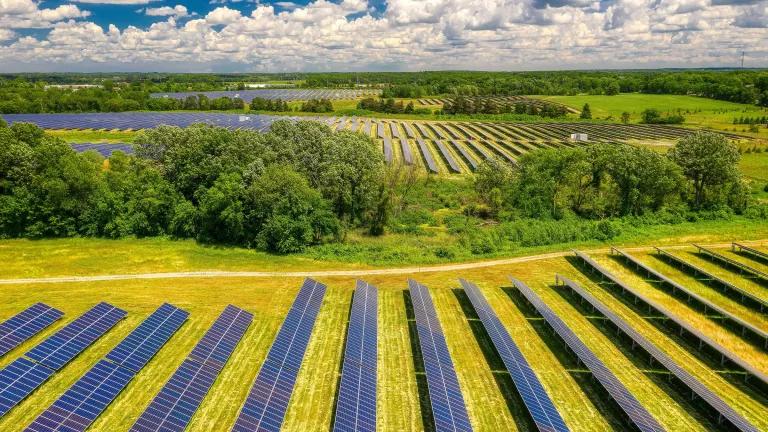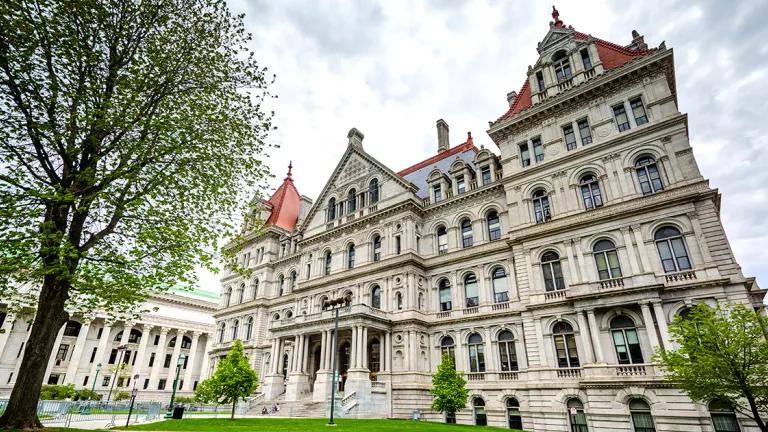New Video: Achieving Energy Efficiency For All Renters

Written with partners Raisa Johnson and Todd Nedwick from the National Housing Trust
The lack of energy-efficient affordable housing is connected to some of our most pressing problems—including climate change, the housing crisis, and racial injustice. That’s why the Energy Efficiency for All (EEFA) partnership was launched in 2014 to counter threats to affordable housing and our environment. We do this by changing policies and practices that have inhibited access to energy efficient, affordable multifamily housing. EEFA is launching a new video today to tell the story of why it is critical to connect climate, health, and equity by bringing energy efficiency to affordable homes.
Thanks to the work of nearly 50 housing, health, energy efficiency, environmental, and community advocacy organizations, EEFA has made impressive progress over the last five years. We’ve secured nearly $500 million in confirmed and estimated new funding for building upgrades and have helped improve or create 19 affordable multifamily energy efficiency programs. To date, these programs have provided energy efficiency upgrades in more than 100,000 affordable apartments that are home to more than 200,000 renters nationwide. Most importantly, we’ve helped ensure families that need it most can afford heating and cooling, while also living in healthy and comfortable homes.
More Than Efficiency
Reducing energy and water use in affordable multifamily housing improves the quality of life for residents, preserves affordable housing across the country, reduces the energy burden (the percentage of household income that pays for energy) on those who feel it the hardest, cuts carbon pollution, and creates clean energy jobs.
Take, for example, retiree Elizabeth Koan, who lives in a community for seniors on fixed incomes.
“If I didn’t have this place, I wouldn’t have anyplace. I’d be out on the streets,” she says.

Aletha Davis is a senior resident and president of Winthrop Towers Cooperative Board in Chicago, where a variety of building upgrades from new heating plants and cooling systems as well as other weatherization improvements were installed through the CEDA Weatherization Program. She echoed those sentiments.

“They are happy with the heat, with the lighting,” she said of the residents at Winthrop Towers. “Everybody can’t afford an air conditioning unit. It makes a great difference in people’s lives when you can’t afford something, and you’re grateful when someone comes in and cares about your wellbeing.”
Building Power to Drive Change
EEFA pursues its mission to ensure that all renters live in homes that are affordable and healthy by uniting people from diverse sectors. Housing, health, energy efficiency, environmental, and community organizations that have not typically collaborated in the past are now working collectively to improve policies and practices.
In Virginia, more than a dozen diverse organizations, including the Virginia Poverty Law Center (VPLC), participate in the Multifamily Energy Efficiency Coalition (MFEEC). MFEEC's advocacy has helped ensure efficiency improvements in 20,000 affordable apartments to date. Dana Wiggins, director of the Center for Community Outreach at VPLC, explains in our video how participating in MFEEC has helped her organization achieve its goals.
“If we hadn’t been involved in the Energy Efficiency for All project, we would not have been invited to the table and low-income people would not have had a voice,” she said.

Get Involved
We invite you to learn more about EEFA and our state coalitions by watching our video, visiting our website and joining our newsletter. Only in collaboration can we solve the complex challenges of climate change and the lack of access to affordable and health homes. You can also join the movement by becoming a member of the Network for Energy, Water, Health in Affordable Buildings (NEWHAB) to work with other leaders from diverse sectors across the country who care about bringing sustainable, healthy, and affordable housing to all.




